|
This inspiring and informative talk on Grief is well worth a watch on TED - Click below to watch.
Click below to read the article by Integrative Psychiatrist James Greenblatt.
Excellent programme from the BBC on Freud's relevance today and the far reaching benefits of Psychodynamic Psychotherapy. A worthwhile listen.
Today in the Irish Examiner - Richard Bruton: Schools play vital role in students' mental health10/2/2017
The human condition's natural tendency is towards goodness kindness and caring for others.
Mindfulness is the observation of consciousness in the present moment, it is the awareness of present experience without interference, it is "the non-judgemental observation of the ongoing stream of internal and external stimuli as they arise" (Baer 2003, p. 125).
What is Mindfulness? What are the benefits of practising Mindfulness? What can it do to enhance psychological well being? Mindfulness is a very popular term that is used frequently in today’s society, but what is it? Mindfulness practice focuses on developing and cultivating moment by moment attention by practicing present moment awareness of thoughts, emotions, sensations and their movement with acceptance, non-judgement and compassion. It is focusing on being rather than doing. What happens when you bring your full attention and awareness? You more fully experience and enjoy YOUR life. You learn to let go of thoughts of the past and future and become fully present in the here and now. In a world filled with distractions, technology and a time driven society life can become an automatic, stressful experience. The mind is programmed to be busy and is constantly over stimulated this creates enormous stress in the body and mind which can lead to anxiety, depression and other physical and mental ailments. In the present moment we can access peace, relaxation, awareness and gratitude. This course will take you through five weeks of meditation practices that will train your attention and awareness allowing you to access greater control over your bodily sensations, thoughts, feelings and day to day environment, thus helping you reduce the amount of stress in your life. Mindfulness can enhance the quality of your life and your mental and physical well being. Mindfulness practice has been shown to positively affect mood (Chambers et al 2008), reduce stress and anxiety (Shapiro 2006), help people develop a greater ability to regulate their emotions (Siegel 2007), it has been shown to be an effective practice to reduce depression and psychological distress (Bodhi 2011), it enhances intuition and self-insight, supports immune function, reduces the experience of pain (McKim 2008), it reduces negative rumination (repetitive inner chatter) (Corcoran et al 2010) and creates neuroplasticity (it rewires the brain) (Siegel 2007). Finally it enhances the human capacity for empathy (Anderson 2005) and compassion (Kingsbury 2009). In essence Mindfulness practice is being fully and completely aware of what is happening for you in your experience without judgement in the present moment – it is the art of observing what “is”. That is what is so liberating about Mindfulness. Refs: Baer, R. A. (2003). Mindfulness training as a clinical intervention: A conceptual and empirical review. Clinical Psychology: Science and Practice, 10(2), 125-143. Bloch, L., Moran, E. K., & Kring, A. M. (2010). On the need for conceptual and definitional clarity in emotion regulation research on psychopathology. Emotion Regulation and Psychopathology: A Transdiagnostic Approach to Etiology and Treatment, , 88-104. Bodhi, B. (2011). What does mindfulness really mean? A canonical perspective. Contemporary Buddhism, 12(01), 19-39. Chambers, R., Lo, B. C. Y., & Allen, N. B. (2008). The impact of intensive mindfulness training on attentional control, cognitive style, and affect. Cognitive Therapy and Research, 32(3), 303-322. Davis, D. M., & Hayes, J. A. (2011). What are the benefits of mindfulness? A practice review of psychotherapy-related research. Psychotherapy, 48(2), 198. Kingsbury, E. (2009). The relationship between empathy and mindfulness: Understanding the role of self-compassion. ProQuest Information & Learning. Mckim, R. D. (2008). Rumination as a Mediator of the Effects of Mindfulness: Mindfulness-Based Stress Reduction (MBSR) with a Heterogeneous Community Sample Experiencing Anxiety, Depression, and/or Chronic Pain., Shapiro, S. L., Carlson, L. E., Astin, J. A., & Freedman, B. (2006). Mechanisms of mindfulness. Journal of Clinical Psychology, 62(3), 373-386. Siegel, D. J. (2007). Mindfulness training and neural integration: Differentiation of distinct streams of awareness and the cultivation of well-being. Social Cognitive and Affective Neuroscience, 2(4), 259-263. "“Hypnosis is the oldest Western form of psychotherapy, but it’s been tarred with the brush of dangling watches and purple capes,” said Spiegel, who holds the Jack, Samuel and Lulu Willson Professorship in Medicine. “In fact, it’s a very powerful means of changing the way we use our minds to control perception and our bodies.”" - excerpt. The New York Times covered this study alsoExcellent article - "How to be happy: a Psychotherapist's view" by Philippa Perry in The Guardian1/8/2016
Oliver James on David Bowie's childhood-
"Bowie's transcendence of the myth of "bad seed" in his family is a model for us all. He showed that we have many different potential selves, more than we often know.If we can identify them, we can be so much more than the sum of our childhood maltreatment. Developing a dialogue between the different parts of ourselves, we can resist the cascade of destructive patterns down the generations." Link to article in the Irish Times.
Mental health on the secondary school curriculum would indeed be a step in the right direction. Education would definitely be beneficial. However an online course would hardly cover the depth of the problem and multitude of issues to be addressed. I would also propose that teaching psychodynamics would also be very constructive. It would help young people understand the underlying processes that contribute to abuse, bullying and family issues. Development of understanding, knowledge and cultivation of resiliency would go further aiding in the fabrication of emotional scaffolding and support systems withing schools, to catch young people before they fall (to paraphrase the title of Christopher Bollas' book). Access to psychotherapists in schools for teens and children would create a culture of talking about and exploring vulnerabilities and personal problems. Reinstating and replenishing the amount of Guidance Counsellors would also be beneficial as would the integration of group process in schools where bullying is an issue. ASSIST training and supports for teachers could also be integrated. Yes an online course would be somewhat helpful but an integral, holistic and more experiential approach would be far more effective teaching young people to communicate and articulate their emotional needs and to express themselves. The earlier interventions are made the better! - Annie O'Brien Article in The Guardian by Susanna Rustin - "Should all schools have their own Psychotherapist?"25/7/2016
What are the strengths of Hypnotherapy as a treatment modality?
Having written a short piece on the myths of hypnotherapy I also wanted to explore the strengths of the tool that is hypnotherapy. It has a very many strengths, and can prove a very powerful rapid treatment choice for certain psychologically healthy individuals allowing them to access swift change if the profound desire is there within and especially if they have gotten to the point of being sick and tired of their old way of being. As I have mentioned previously on this site hypnotherapy is not a panacea, so when the individual who phones for an appointment and believes that they can shed pounds simply by coming to one session, without changing habits or behaviours and that they can go home and eat what they like afterwards – I obviously decline to work with them. If someone is not motivated to change and unwilling to engage and take responsibility exercising their will and personal strength, they may as well burn their money or invest it elsewhere and really that is what therapy really is an investment in the Self. You work with it. It will not do anything alone, engagement and co-operation with principles, tools and exercises is essential. (Be warned - there are many lay hypnotists out there who will make all kinds of promises. Simply remember the old adage “If it sounds too good to be true – it probably is!”). There is something about hypnotherapy which can really facilitate and enhance psychotherapeutic treatment. Integrating elements of CBT and hypnotherapy seems to produce very favourable results indeed. Alladin (2008, pp. 10-16) outlines the elements of hypnotherapy that are empirically informed and supported.
Finally - remember- all hypnotherapy is self hypnotherapy. Individuals are hypnotising themselves all the time everyday with their inner dialogue. Choose to speak kindly and with compassion to yourself! Become aware of that voice within.
Everybody's voice is important and this innovative approach to mental health service provision is indeed a breath of fresh air!
There are so many myths in popular culture and society that create beliefs that have no foundation in reality. Television and film portray hypnosis as something quite fantastical and dramatic - whether it is positive or negative.
The simple truth is that what is termed the state of hypnosis is in fact the brain of the individual shifting from Beta to an alternating Alpha and Theta frequency. Not exactly exciting! Everyone experiences variations in brain wave states frequently throughout the day. Nothing special! Beta is an alert state of consciousness, alpha is a relaxed state, theta is a deeply relaxed state and delta is the state of sleep. Everyone is going in and out of trance/hypnosis all day every day, by themselves, automatically and organically, as it is a natural state of being for humans. In essence there is no such thing as hypnosis - as everything is hypnosis and nothing is hypnosis (Heller 1987). The trance state can be cultivated in many ways and not simply via hetero-hypnosis. The brain is an electrochemical organ and we now know that neuroplasticity (the brain's ability to create new patterns of learning and growth) continues over an individual's lifetime. Hypnosis is a tool that enhances neuroplasticity. Brain-wave Entrainment, meditation, driving, jogging, watching TV, dance, yoga, mindfulness and many other activities can help manipulate our brainwaves and this is measurable on an EEG (Jemmer 2009). So what kinds of myths are out there? Myth One - The Hypnotherapist is some powerful, magical, gifted individual who can miraculously cure you of whatever ails you. FACT - Anyone who has trained ethically in Hypnotherapy will be the first to say they are as human as you are! So no, I am not all powerful, I do not have a magic wand and no, I am afraid I cannot perform an "eternal sunshine of the spotless mind" to make you forget that bad break up and erase all memory of your ex from your mind. Besides Hypnotherapy is not recommended for anyone going through the process of grieving. I also cannot read your mind and I cannot make you do anything against your will. Nor can I predict you future... Here is the big secret - HYPNOTHERAPY WILL ONLY GIVE YOU WHAT YOU WANT. If motivation and desire to change are present and you have a goal, Hypnotherapy can help you learn new ways of being and unlearn old habitual patterns. People unconsciously go in and out of trance every day. With hypnotherapy, one chooses to enter a trance consciously, with intention and for a purpose. Myth Two - Hypnotherapy will only work with people perceived as gullible and weak willed, or, with those who are completely uninhibited. FACT - Entering a conscious therapeutic trance state is all about concentration, heightened states of awareness and focus. Studies show that an individual's perceived intelligence is not a factor in determining hypnotisability (Hilgard, Ernest R. et al 1961) (Morgan & Hilgard 1978) (Piccione, Hilgard & Zimbardo 1989). Every individual on the planet has the potential to be hypnotised and everyone goes in and out of trance states everyday naturally and organically. It is part of being human. Anyone who wants to experience formal hetero-hypnosis (hypnosis with the assistance of a therapist) can do so. Research shows that approximately somewhere between 17-30% of individuals are highly resistant to hypnotherapy by choice. No one can ever be hypnotised against their will. Individuals who choose to volunteer and take part in stage shows are obviously extraverts who enjoy being the centre of attention and entertaining anyway. No one will ever change personality under hypnosis. No one will ever do anything that they would not do while fully conscious. Myth Three - While experiencing Hypnosis one is in a state of sleep or unconsciousness. FACT - During a Hypnotherapy session an individual is fully conscious and aware of what is going on. Awareness and focus increase substantially. It is a learning state and the individual - while feeling very relaxed, and peaceful becomes more focussed as the mind becomes calm, meditative and de-cluttered of extraneous thoughts. The brain enters the alpha (8-15 hertz) / theta (4-7 hertz) rhythms, depending on how deep a trance one enters and this varies from person to person as no two individuals are alike. Myth Four - A person must enter a very deep trance state for change to occur. FACT - The majority of hypnotic therapy takes place in a light to medium trance state as responsiveness to the therapist, awareness, focus, concentration and capacity to absorb suggestion is quite necessary. Myth Five - Hypnosis and Hypnotherapy will create rapid change in one or two sessions. FACT - In certain cases this is true, however, for the vast majority of individuals it takes a number of sessions. The magic number is different for every person. It is a therapeutic process and lasting change usually takes time. Myth Six - Hypnosis is something that is done to you. FACT - All hypnosis is Self Hypnosis. Myth Seven - All Hypnosis is the same. FACT - Old style generic "one size fits all" authoritarian hypnotherapy doesn't really work. Quality Hypnotherapy is tailored to the individual's needs, personality and based on solid psychological interventions, grounded in empirical evidence and utilises advanced communications patterns. Myth Eight - I will lose complete control. FACT - You can only enter hypnosis therapeutically if you are genuinely willing and want to engage the therapy. You choose it out of desire and motivation. You actually gain control rather than lose control. Hypnotherapy is not suitable for everyone. 1. Doidge, N. (2015). Hypnosis, neuroplasticity, and the plastic paradox. American Journal of Clinical Hypnosis, 57(3), 349-354. 2. Heller, S., & Steele, T. L. (1987). Monsters and magical sticks: There's no such thing as hypnosis? Falcon Press. 3. Jemmer, P. (2009). Getting in a (brain-wave) state through entrainment, meditation and hypnosis. Hypnotherapy Jour, 1. 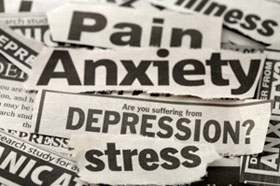 Another excellent article from the Irish Times. "Niall 'Bressie' Breslin on anxiety and depression in college". The more people who speak and break the silence, the better it is for everyone as we can realise we are all the same. It anihilates shame and stigma and sets us free. "There is no greater agony than bearing an untold story inside you" - Maya Angelou Progressive muscle relaxation is a very simple and effective way to reduce tension in the body simply and easily as it induces the relaxation response rapidly. The exercise has multiple health benefits as it provides a practical way to release tension held in the body. When practised daily this exercise can relieve anxiety, lower blood pressure, improve an individual's quality of sleep, alleviate pain, energise an individual and generally create a feeling of well being. The relaxation response becomes intensified every time you practice as the body is trained to release tension and does so more rapidly with each successive session. The body holds tension in the muscles. When individuals are under stress and feeling pressured in their lives the muscles tend to hold even more tension. This can be exhausting and lead one to feeling almost permenantly fatigued. When individuals are experiencing pain they can hold even more tension in the muscles which can be quite draining. By methodically and consciously tensing and relaxing different muscle groups in the body the indiviual increase awareness of where and how they hold tension. This allows them to become highly perceptive and somatically educated as to how and when they become tense and stressed. By purposefully and mindfully tensing muscles for approximately six seconds and then release the tension quickly allowing the muscle to become loose, limp and completely relaxed simply letting go. As the release happens exhale completely. When the exercise is practised consistently after a couple of weeks an idividual becomes quite adept at inducing relaxation rapidly as they notice immediately when if stress or anxiety related tension begins to creep into the body as a result of outside influence or external life events. The bodies level of arousal provoked by the stressful circumstances can be dealt with immediately in a simple effective way, thus calming the nervous system. This exercise is incredibly beneficial for anyone experiencing anxiety, insomnia, pain, fatigue or feelings of panic. Below is a link to a free audio download that I recorded for my clients in order to allow them to practice at home. Jacobson's Progressive Relaxation Exercise - A short 20 minute exercise Free download here -
 "What is most personal is most universal", Carl Rogers At certain times in life, adversity, challenges, sufferings and sadness overwhelm us all and yet we journey onwards. We continue to hope, endure and most of us pull through - developing a resiliency along the way. We all have our journey to complete. We enter this world alone and with nothing but our soul and we leave it alone. Most importantly we never know when we will depart. That is simply the way it is. Our souls are transformed by birth and again by death. What if in life we viewed every person who has shared a part of our lives as our teacher and a reflection of ourselves? What if we viewed ourselves as a teacher to those who cross our paths also. Recognising oneness daily and mindfully. Some journey with us briefly and others travel with us for most of our way. Some lessons are brief and others take longer. Some are painful, others are miraculous and joyous. Some visit us in cycles until we really “get the hang of them” presenting us with lots of challenge. And onwards we go. “...the heart of thee is the heart of all; not a valve, not a wall, not an intersection is there anywhere in nature, but one blood rolls uninterruptedly an endless circulation through all men, as the water of the globe is all one sea, and truly seen, its tide is one.” - Ralph Waldo Emerson The funny thing about life is that even though we pause for breath from time to time and we turn inwards, even when we think we are just existing in body, our mind keeps turning just like the globe on which we exist. Our thoughts keep floating and meandering through our mind. We think when we are awake and we dream in sleep. Thoughts never die. They evolve and give birth to more thoughts. "Your pain is the breaking of the shell that encloses your understanding." Khalil Gibran As human beings we continually break the mould of who we thought we were yesterday - today. I believe It’s a millisecond by millisecond process. We are all human butterflies - emerging from chrysalis after chrysalis into eternity. “And as we let our light shine, we unconsciously give other people permission to do the same. As we are liberated from our own fear, our presence automatically liberates others” - Marianne Williamson You see I have a story to tell you… You have a story to tell me… Really we are the same. Human beings are far more alike than different. Humanity is what makes us that way. Why don’t we sit a while… And simply be who we are…In this moment… Pondering the concept of oneness is integral to my outlook….Gandhi said "There is more to life than increasing its speed." Just think of what you might miss out on if you don‘t savour it moment by moment? Life is imbued with meaning when we seek it. Miracles are an everyday occurrence. Sometimes we see, sometimes we don’t. Still they occur. Nothing ever remains stagnant, the world is constantly turning on its axis and we turn too upon the earth suspended in time and space… “Man’s search for meaning may arouse inner tension rather than inner equilibrium. However, precisely such tension is an indispensable prerequisite of mental health. There is nothing in the world, I venture to say, that so effectively helps one to survive even the worse conditions as the knowledge that there is a meaning in one’s life.”, Viktor Frankl Another wonderful article in the Irish Times. Hannah Tyrrell is inspiring as she speaks about her journey.
“There is no-one – regardless of how beautiful, sure, competent or powerful – that is not damaged internally in some way. Each one of us carries in our hearts the wound of mortality. We are particularly adept at covering our inner wounds. No wound is ever silent", O'Donohoe.
As long as humans have existed, psychotherapy has existed, in infinite forms, transcending all cultures. Psychotherapy is relationship. Life is relationship. To be born enslaves us to both joy and suffering - physical, mental, emotional. As C.S Lewis observed “the pain I feel now is the happiness I had before. That’s the deal” and vice versa. Joy and suffering are inextricably linked eternally. You can’t experience one without knowing the other. Humans eternally strive to seek freedom from suffering and "the purpose of psychotherapy is to set people free" Rollo May. We as human’s struggle with the juxtaposition and psychotherapy strives to help one merge the opposites of feeling lending equanimity... Psychotherapy, in its most pure idealistic wisdom evades categorisation It is vast, an all encompassing art form that cradles the human spirit on its never ending aspirational journey toward wholeness. Art eludes definition. It simply is. "Good art wounds as well as delights. It must, because our defences against the truth are wound so tightly around us. But as art chips away at our defences, it also opens us to healing potentialities that transcend intellectual games and ego-preserving strategies", Rollo May. There are as many psychotherapies as there are psychotherapists. No two therapists are alike and no two patients. "Each person's map of the world is as unique as their thumbprint. There are no two people alike...no two people who understand the same sentence the same way...", Milton Erickson. Every individual on this planet comes with their own unique perspectives on self, other and the world around them. Humans bring the sum of their collective humanity to the experience of the relationship. It will change, grow and evolve in every breath and heartbeat of every moment that they live. Life will leave them changed moment by moment. The human they were is deserted day to day as they become someone new with every waking moment and interaction of every waking day. “The meeting of two personalities is like the contact of two chemical substances: if there is any reaction, both are transformed”, C.G. Jung. Change and transformation is a certainty... If history is a constant, infinite dialogue between the present and the past - Our own and that of the world, then within the context of psychotherapy - historical facts are subjective, chosen by the individual documenting and recording them, from their individual perspective. In a sense - everything is history and yet nothing is history. This is ultimately liberating… Our history is in and of itself an infinite, living, growing, flowing, evolving experience that can never be truly recorded accurately. If we view it in the context of a generational family of individuals who have gone before we can heal our wounds when we embrace it all, accept it unconditionally and continue seeking and exploring. Psychotherapy is both exquisite and complex, constructive and deconstructive, active and passive, engaging and evocative. It is a therapeutic art form that mirrors humanity itself. It’s implicit subjectivity both defies and belies scientific categorisation. Attempts at imposing such definintion and confinement upon it in terms of history deprives it from it’s soul as it’s essence challenges categorisation and limitation. “The best and most beautiful things in the world cannot be seen or even touched - they must be felt within the heart”, Helen Keller. It’s history resides inside of the patients and therapists who utilise this artful therapeutic modality to create expansion and simultaneous unity. Eternally striving to reconcile joy and suffering. Perpetually seeking integration. “Perhaps there is more understanding and beauty in life when the glaring sunlight is softened by the patterns of shadows. Perhaps there is more depth in a relationship that has weathered some storms. Experience that never disappoints or saddens or stirs up feeling is a bland experience with little challenge or variation of color. Perhaps it's when we experience confidence and faith and hope that we see materialize before our eyes this builds up within us a feeling of inner strength, courage, and security. We are all personalities that grow and develop as a result of our experiences, relationships, thoughts, and emotions. We are the sum total of all the parts that go into the making of a life”, Axline. Oft times psychotherapy leaves me with more questions than I have answers and yet I continue to seek inside reflecting as questions arise… Psychotherapy is an art that facilitates that exploration allowing humanity to evolve through the experiential relationship, excavating and discovering all of the “self”, facilitating creation and evolution, striving towards a realisation of ones limitless potential. “The aim of psychoanalysis and most forms of conventional psychotherapy is to heal the radical split between the conscious and the unconscious aspects of the psyche so that a person is put in touch with “all of his mind”, Wilber. "The individual is defined only by his relationship to the world and to other individuals; he exists only by transcending himself, and his freedom can be achieved only through the freedom of others. He justifies his existence by a movement which, like freedom, springs from his heart but which leads outside of himself", De Beauvoir. We all have an inner yearning to connect with the deepest most meaningful part of our spirit so that we can most fully live in “I amness”. In psychotherapy our history is simultaneously written and unwritten. We can wander amidst the landscapes of our history and the history of all who have gone before and all who are yet to come. It charts humanities call to be and facilitates the ability to transcend. In reality psychotherapy is truly an indefinable process as its meaning is sacred, unique and personal to each individual. No two journeys are alike... “I change you as you unfold and you change me as I unfold”, Bebe. Radical change in our mental health system is indeed needed for the wellbeing of our citizens. Read the full Irish Times article here-
People often come to therapy when they are completely overwhelmed and are now aware that they are not functioning as they used to. The most common statements I hear in the first session is "I feel like I have lost myself" - "I am totally fed up and sick of myself" and "I just sooooo want to change how I am, I am not living the life I want". Things have usually built up considerably... Psychotherapy can act a "mental vitamin boost" and emotional "tidying up". It is the one place that you can come in, express yourself with freedom, dropping the "mask" at the door and engage in being real without any fear of being judged or criticised. Therapy can help prevent repetition of past mistakes, cycles and patterns by exploring and addressing the root causes and helping an individual cultivate awareness. It can give someone a brand new perspective on life and help them develop resilience, learning new ways of seeing, perceiving and being. What are the main signs that can help identify if therapy may be a good option to explore? Wanting to change and being motivated to take action to make it happen. Wanting more from life. Feeling intense emotions that you can't seem to control and keep a lid on. Trying to ignore an issue in life and it won't go away. You find yourself constantly thinking about it. Feeling like you are just not "yourself" anymore. You feel disconnected from yourself and others. Not sleeping and feeling exhausted without a medical reason or rationale. Feeling like you are stuck and that no matter what you do you cannot seem to move yourself forward in life. Recurring bodily symptoms that bother you and yet the Doctor has given you the "all clear". Feeling constantly stressed out. Worrying constantly. Feeling like everything is a struggle and that it is hard to manage and cope on a day to day basis. Having difficulty relating to others. Worrying about what other people think about you. Feeling like you are drowning in "drama". Feeling heavy, like you are carrying so many problems on your shoulders. Having difficulty relating to yourself and mentally beating yourself up. When you have lost someone or something and are having a difficult time processing it. You have experienced something traumatic. When a trauma has been experienced the earlier you talk to someone the easier it is to work through and cope in a healthy way creating strategies to evolve beyond it. Finding yourself going out of your way to avoid certain situations and thus limiting the scope of your life. Feeling helpless and powerless. You feel no joy from things in life that previously gave you joy. Feeling like there is something missing from your life. You can't manage to do things you normally would derive pleasure from on a daily basis. This list is by no means exhaustive but represents some of the more common factors that appear for individuals. Psychotherapy is a very powerful tool but you have to want to use it. If you have never experienced therapy before this short outline explains the frame (boundary) of the alliance (the relationship between therapist and client). The framework is important as it creates safety and a "knowing what to expect" and it creates a comfortable safe space for therapeutic work to occur. The framework clarifies the professional relationship created and is the foundation of our agreement to work together. The therapy session has to feel safe, private, comfortable, quiet, confidential and containing for clients in order for "the work" to take place. The first step taken is the phone call. It can be very hard to pick up the phone and schedule a session (with any therapist). It takes courage and implies you - the individual - is motivated to seek help and to change. It also conveys a commitment to yourself. As difficult as it can be to pick up the phone and call, once this action is taken it can gift a huge sense of relief. It is a huge milestone that signals a readiness to take responsibility for the direction you now chose to take in life. We agree a date and time on the phone. That is all. It is a short conversation whereby minimal information is given and yet it is a BIG step and ACTION towards desired change. My personal approach to the therapeutic relationship is egalitarian and collaborative. When an individual decides to come to therapy - after our first initial session - if we decide to work together we then agree a day and time that will be "your session" in which we will work in the alliance, processing and working through the issues and problems that prompted them to take action call and come to see me. On rare occasions it may be appropriate for there to be more than one session per week. We begin on time and end on time and contact outside of our weekly scheduled weekly hour together is not permitted. The session time is adhered to weekly and if someone needs to cancel I request a weeks notice - the individual tells me in their session that they will not be present for the next session. This is about respect. Missed sessions without any explanation or cancellation incur the full charge of the fee - without exception. If therapy sessions are missed habitually - the reasons will be discussed at length in the hopes of reaching resolution, however if the behaviour cannot be resolved termination may follow as an individual may not be ready to engage in therapy and the door is left open to reengage in the future. If I am will be away on holiday or for professional reasons I will give advance notice of the planned absence. The therapeutic alliance is created on mutual trust and respect. Consistency and regularity in attendance is key and commitment essential in order for therapy to be successful. Participation in the therapeutic process is entirely voluntary. These guidelines ensure a good framework and are conducive to ethical practice. As the treatment progresses and nears completion, we have a final session to review and give time for reflection, closure and "good-byes". Therapy is ultimately about assisting the individual to cultivate more awareness of the Self; not only focusing on problem / unhealthy life pattern identification but also educating, and empowering. Psycho-education can be hugely empowering and can aid insight and awareness. Developing an awareness of strengths and inner resources is also hugely important. Therapy takes courage, commitment and a lot of hard work. Lasting change takes effort and time. If you want to change, it will happen. The only requirements necessary are the desire to change, a commitment to change and time. "People often say that this or that person has not yet found himself. But the self is not something one finds, it is something one creates" - Thomas Szasz Final note: Confidentiality is preserved and maintained at all times and cannot be broken except in the following cases - If someone is going to hurt themselves and be violent towards self or other. If someone experiences psychosis, needs hospitalisation and medical intervention. In cases of abuse of a child or vulnerable person. When human beings experience dark spells in life due to unresolved issues and various life stressors, life can feel like it is about to come undone…
However - what feels like dissolution can be an invitation from the soul to step through a doorway leading to a greater union with the Self. My passion is helping people through “the dark night of the soul” that visits every human at some point along the journey of life. Reminding people that they are not alone, helping them process it without judgement and with compassion and empathy, listening and reflecting, instilling hope, showing them that they can heal, come through it stronger and happier is the best part of being a psychotherapist. I believe in the strength and resilience of the human spirit. Teaching people how amazing their mind is, how to find healthy perceptions of themselves, how to deepen their relationships and communicate effectively in their life is so fulfilling. Because no too people are alike - I chose to train and practice as an Integrative Psychotherapist. I have a humanistic ethos whilst drawing on a variety of therapeutic approaches. This allows me draw on an eclectic skill set in order to tailor therapy to the needs of each individual. I trained as a Clinical Hypnotherapist with the Irish Hypnotherapy Association and completed my certification in Counselling Skills with NUI Maynooth. I practised privately at the Sanctuary Clinic for several years before completing my Graduate Diploma in Integrative Psychotherapy and Counselling at Turning Point and Dublin City University. I worked as a therapist at Vita House Family Centre in Roscommon before moving into private psychotherapy practice. An interest in research led to my decision to further my education by completing the Turning Point and Dublin City University Masters Degree programme. I am ardent about continued professional education, ethical practice and attend regular clinical supervision. I have a special interest in the therapeutic nature of the human animal bond. I am inspired by poetry, art and nature, have a passionate love and respect for all animals and I love the beauty and peace of the Irish countryside. I have a keen interest in the psychodynamics of the human - animal bond, emotional and psychological attachment to our fellow creatures and how our connection to other living beings and nature enhances the well being of all. |
AuthorAnnie O'Brien M.Sc. MIACP MIHA has a Masters Degree in Integrative Counselling and Psychotherapy from Turning Point Institute and Dublin City University. This course is one of the leading training courses in Ireland and is recognised by the Irish Association of Counselling and Psychotherapy (IACP), the Irish Association of Humanistic and Integrative Psychotherapy (IAHIP) and the European Association for Integrative Psychotherapy (EAIP). Archives
June 2019
Categories
All
|

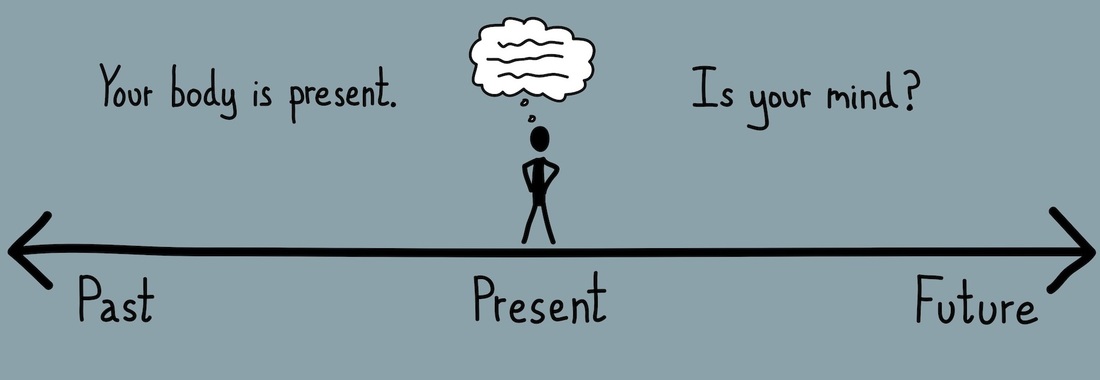
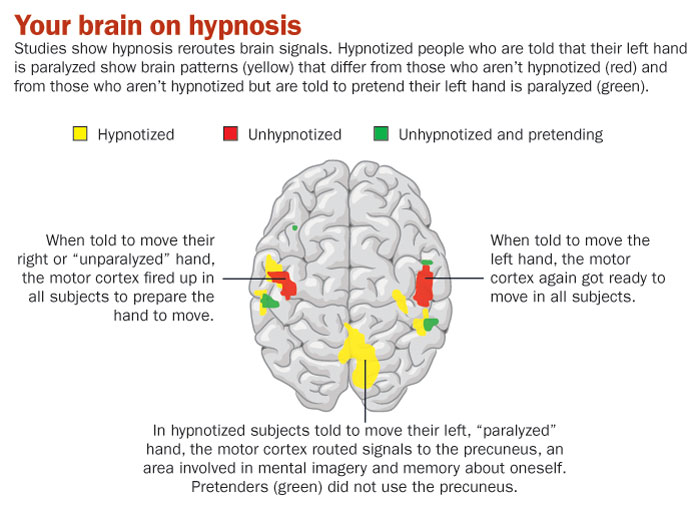
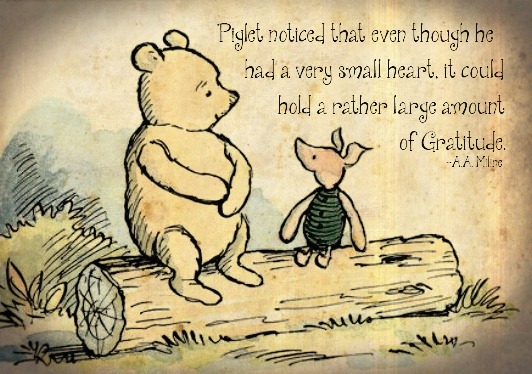

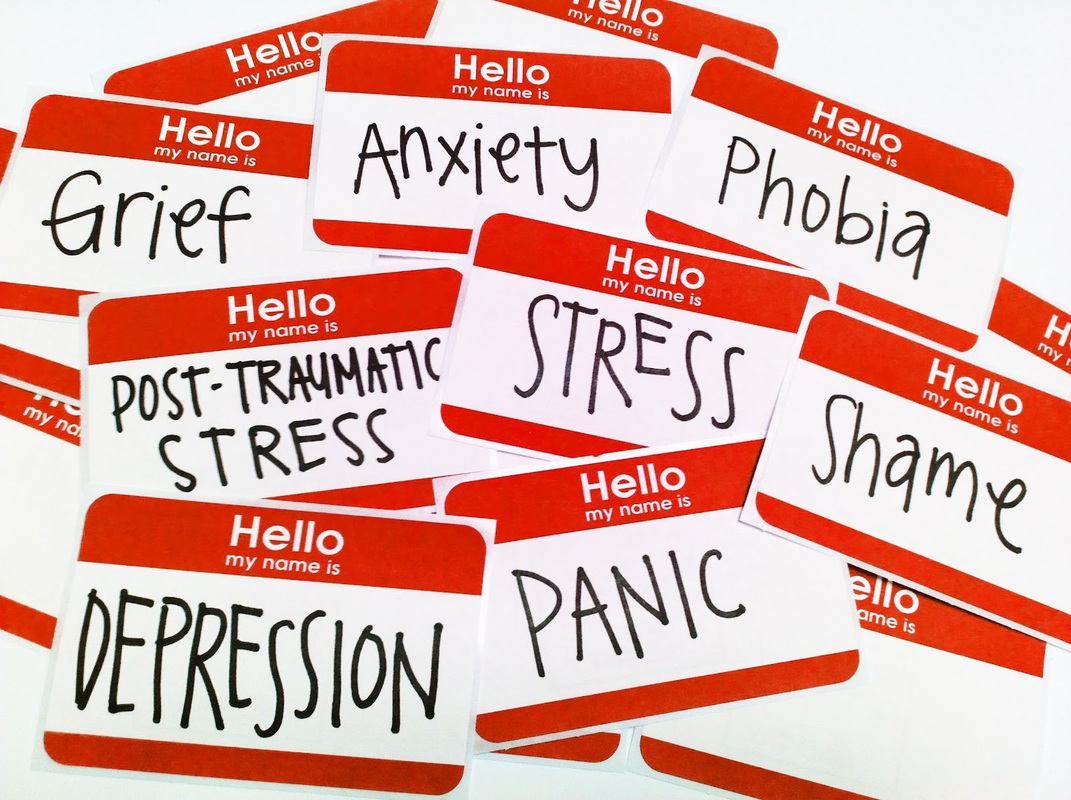

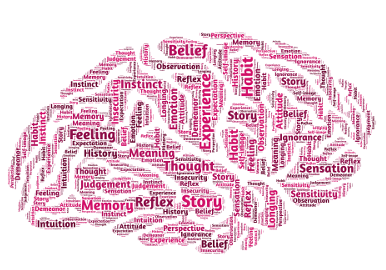

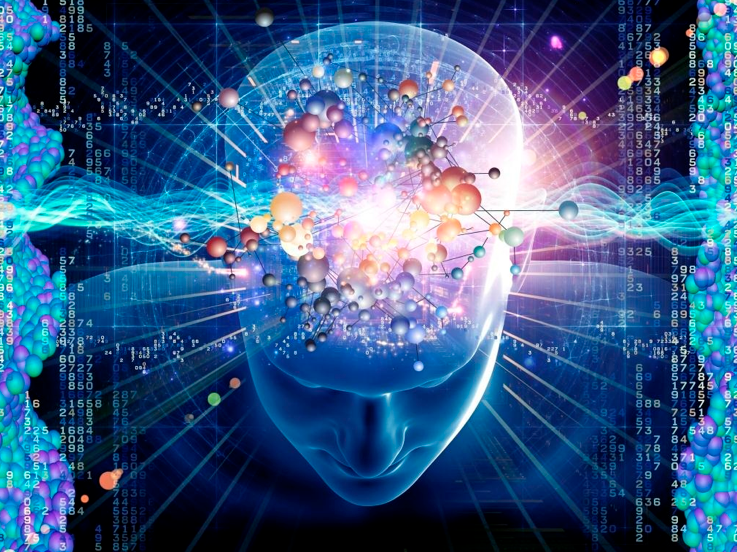

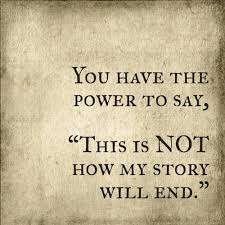

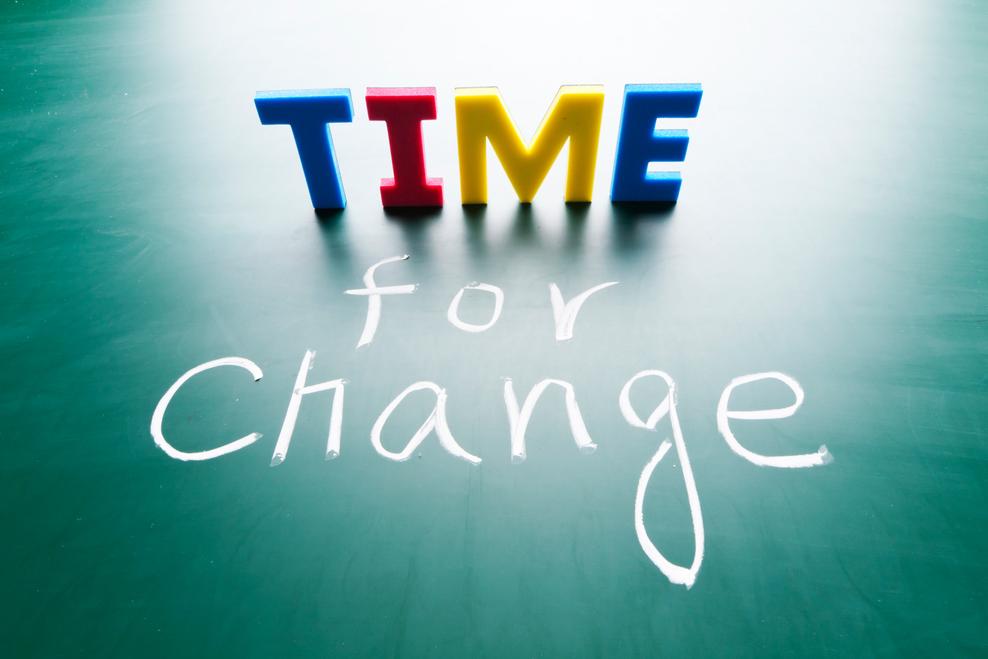


 RSS Feed
RSS Feed